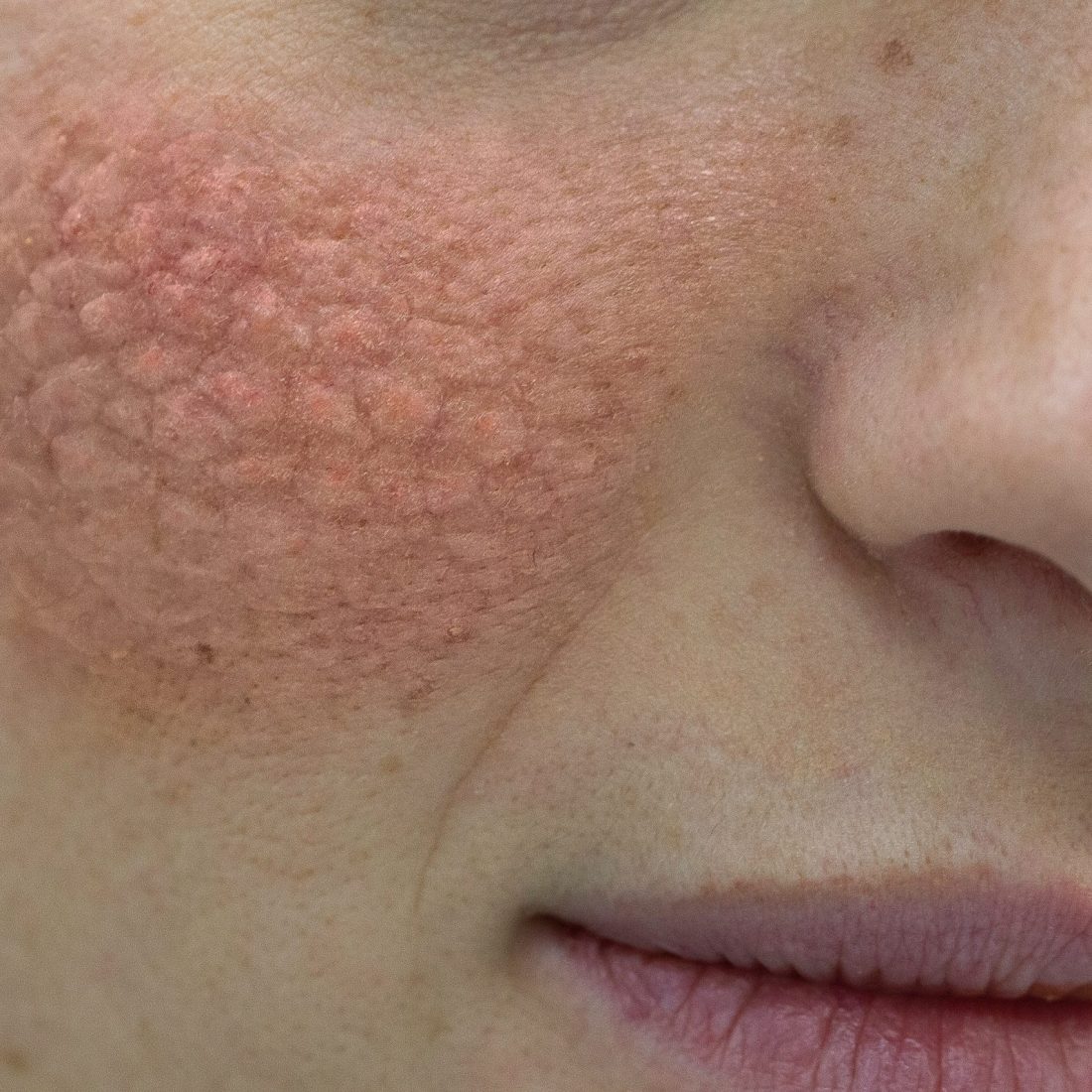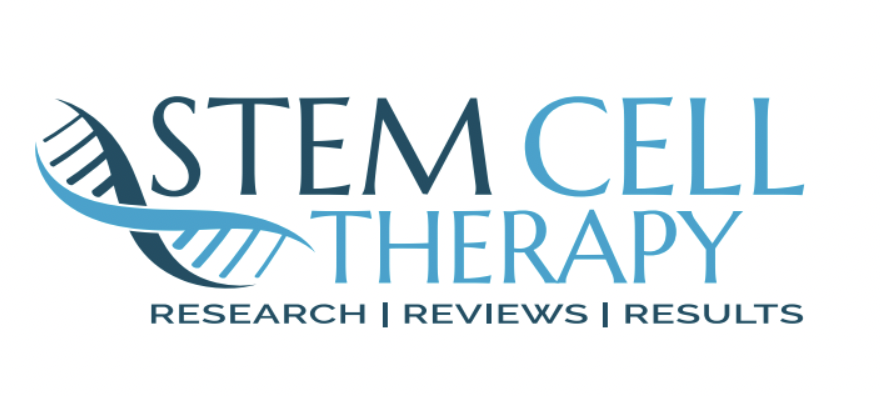Stem Cell Therapy for Autoimmune Conditions
Stem Cell Therapy for Autoimmune Conditions


What is Stem Cell Therapy?
How Does Stem Cell Therapy Work for Autoimmune Conditions?
01
Reduces inflammation
Stem cells release anti-inflammatory factors that calm immune overactivity involved in lupus and RA. This provides significant relief as inflammation causes tissue damage.
02
Repairs damaged tissue
Stem cells can regenerate healthy cells to replace diseased tissue impaired by lupus and RA, such as kidney, joint, and skin cells. This restores organ function.
03
Resets the immune system
Factors secreted by stem cells help regulate the immune system to stop attacks on the body's own healthy tissues. This addresses the autoimmune disorder.
04
Prevents further progression
The regenerated tissue and regulated immunity protect the body from additional self-inflicted damage. This halts the advancement of lupus and RA.
05
Restores health and quality of life
Reducing widespread inflammation and tissue damage paired with immune regulation improves energy, mobility, pain levels, and overall well-being. This enables patients to move, work, and live active lives again.
01
Reduces inflammation
Stem cells release anti-inflammatory factors that calm immune overactivity involved in lupus and RA. This provides significant relief as inflammation causes tissue damage.
02
Repairs damaged tissue
Stem cells can regenerate healthy cells to replace diseased tissue impaired by lupus and RA, such as kidney, joint, and skin cells. This restores organ function.
03
Resets the immune system
Factors secreted by stem cells help regulate the immune system to stop attacks on the body's own healthy tissues. This addresses the autoimmune disorder.
04
Prevents further progression
The regenerated tissue and regulated immunity protect the body from additional self-inflicted damage. This halts the advancement of lupus and RA.
05
Restores health and quality of life
Reducing widespread inflammation and tissue damage paired with immune regulation improves energy, mobility, pain levels, and overall well-being. This enables patients to move, work, and live active lives again.
The Process of Stem Cell Therapy for Autoimmune Conditions
We use umbilical cord tissues that have a high concentration of stem cells.
These tissues are obtained from FDA-licensed tissue banks.
Guided by imaging, the stem cells are injected into the damaged areas of your body.
The full procedure takes about an hour.
Patients can resume normal activities within a few weeks after the treatment.
Maximum improvement occurs after 1-2 months as the stem cells reduce scar tissue, grow new blood vessels, and regenerate tendon muscle.

FAQs about Stem Cell Therapy for Autoimmune Conditions


Benefits of Stem Cell Therapy for Autoimmune Conditions
Stem cells can regenerate damaged tissue by differentiating into healthy new cells to replace inflamed joints, skin, kidneys, etc.
Provides anti-inflammatory effects to calm immune overactivity, causing tissue damage and pain.
Resets and regulates the immune system to stop attacks on the body's own healthy cells.
Generates new blood vessels to restore oxygen supply to damaged organs.
Improves mobility and reduces joint stiffness, swelling, and pain over the long term.
Avoids the risks of immunosuppressive medications used to treat lupus and RA.
Uses the body's own stem cells for natural immune modulation and healing.
Delivered via simple, minimally invasive injection.
Provides lasting remission, not just temporary symptomatic relief.
A safe, effective option when conventional treatments have failed.
Harnesses the body's innate healing abilities without surgery.
Allows patients to enjoy improved energy, reduced pain, and better quality of life.
Reduces flare-ups and progression of these autoimmune diseases.
Offers hope for those who have been told there are no solutions.
Stem Cell Therapy Beyond Autoimmune Conditions
01
Regenerating Damaged Heart Tissue
Stem cells injected into damaged areas of the heart can:
- Differentiate into new cardiac muscle cells to replace dead tissue from a heart attack.
- Reduce scarring that interferes with the heart's ability to pump blood properly.
- Stimulate new blood vessel growth to restore oxygen supply to the heart.
- Release anti-inflammatory factors to reduce swelling and chest pain.
02
Halting Neurodegenerative Diseases
Stem cells transplanted into the central nervous system may help treat disorders like Parkinson's, ALS, and Alzheimer's by:
- Replacing damaged neurons and neural networks.
- Protecting existing neurons from further degeneration.
- Reducing inflammation and free radicals that are damaging the nervous system.
- Stimulating new neuronal connections.
03
Restoring Vision Loss
Stem cells injected into the eye could help conditions like macular degeneration by:
- Regenerating damaged retinal cells.
- Replacing defective retinal pigment epithelial cells.
- Differentiating into new photoreceptor cells to restore sight.
04
Improving Diabetes Outcomes
Stem cell therapy shows promise for improving diabetes by:
- Differentiating into insulin-producing beta cells to normalize blood glucose levels.
- Promoting new blood vessel growth in limbs to prevent amputation from poor circulation.
- Accelerating wound healing for diabetic foot and skin ulcers.

